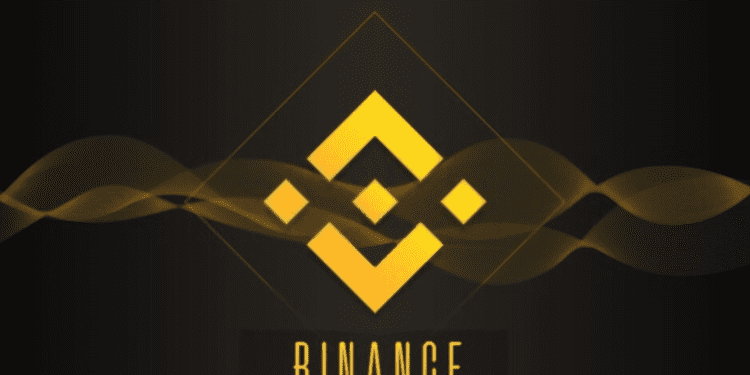- Binance, the world’s largest crypto exchange, secures full operating licenses in El Salvador, marking a significant achievement amid its global regulatory challenges.
- El Salvador, under President Nayib Bukele, became the first country to recognize Bitcoin as legal tender, aiming to boost economic independence and growth.
- Despite initial challenges with its Bitcoin adoption initiative, the Salvadoran government remains committed to integrating digital currencies into its economy.
Binance has successfully achieved full operating licenses in El Salvador. In recent times, the company has come under scrutiny from regulators in regions such as the United States and Europe. Issues range from alleged violations of anti-money-laundering laws in France to rejections of applications for virtual assets services in the Netherlands. The U.S. too hasn’t been lenient, with both the Securities and Exchange Commission and the Commodity Futures Trading Commission initiating lawsuits against Binance.
Under the leadership of its forward-thinking President Nayib Bukele, El Salvador became the first country globally to recognize Bitcoin as legal tender. The decision, announced in June 2021, was based on a belief that focusing on Bitcoin could provide the nation with economic independence. Given the Salvadoran economy’s reliance on remittances and the U.S. dollar, Bitcoin’s introduction was seen as a potential means to enhance tourism and foster business development.
Binance’s Triumph & The Road Ahead
Min Lin, Binance’s new Head of Latin America, aptly summarized the Salvadoran government’s progressive stance, noting that their support for crypto “proves security and innovation are complementary assets.” With this week’s achievement, Binance becomes the first crypto exchange to receive licenses from both the Salvadoran central bank and its National Commission of Digital Assets. Globally, the company has approvals and registrations in 18 markets, highlighting its dedication to operating within the regulatory frameworks of each region.
However, the road ahead remains complex. Binance’s licensing in El Salvador should be viewed within a broader context. President Bukele’s administration has faced criticisms for alleged authoritarian actions, putting the nation’s democratic practices into question.
El Salvador’s Vision for Bitcoin
The rapid rollout of El Salvador’s Bitcoin vision has had its pitfalls, such as the introduction of the government-sponsored crypto wallet ‘Chivo’. The wallet, aimed at promoting Bitcoin adoption, was met with issues ranging from technical glitches to fraud. Despite initial enthusiasm, where sign-ups were incentivized with a $30 reward, Bitcoin adoption in El Salvador began to wane. Many businesses and residents chose to continue with the traditional fiat currency.
Still, the Salvadoran government’s commitment to the digital currency remained evident. They proposed a $1 billion bond backed by Bitcoin to decrease dependency on multilateral institutions. While the bond is still in the works, the government took a definitive step forward in January by passing a law that established the National Commission of Digital Assets. This opened doors for crypto firms, like Bitfinex and Strike, to gain licenses and increase their operations within the country.
In a world where approximately 75% of U.S. consumer companies plan to accept cryptocurrency payments by the end of 2023, as per Deloitte Research, and where 51% of Latin American consumers have engaged in crypto transactions, Binance’s latest move, backed by El Salvador’s vision, may well be the beginning of a more inclusive financial era.














